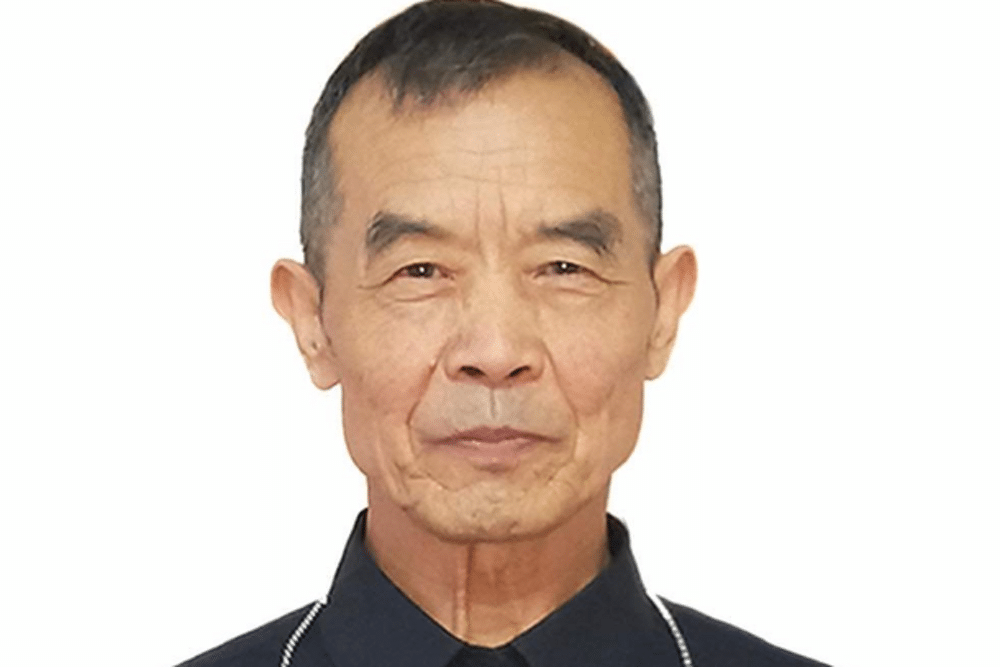
HONG KONG (UCAN): Chinese authorities arrested the ailing 70-year-old Bishop Augustine Cui Tai, coadjutor bishop of the unofficial Church in Xuanhua, Hebei, continuing the illegal detention that he has been undergoing for the past 13 years.
The bishop was taken away to a unspecified place on June 19.
Bishop Cui has been under dention since 2007 without any judicial procedure. He has only been allowed to return home for a few days during festivals such as the Lunar New Year and the Mid-Autumn Festival.
Bishop Cui returned to the diocese in mid-January during the lunar new year festival. He was not taken back to the detention place, possibly because of the outbreak of Covid-19, a source suggested.
The source said that Bishop Cui, who has been suffering from severe stomach ailments, had a rushed departure. In the afternoon, his relatives took him to a designated place.
Since his arrest in 2007, he has not been able to spend Easter in the diocese. His latest January to June stay was the longest the bishop had enjoyed in the past 13 years.
When the Chinese government “is working to build a society based on the rule of law, the authorities had no reason to keep Bishop Cui in custody for as long as 13 years intermittently,” the source said.
Bishop Cui was ordained a priest in October 1990. Pope Benedict XVI appointed him coadjutor to Bishop Thomas Zhao Kexun of Xuanhua, in 2013. Bishop Zhao is now 96-years-old.
Despite the Vatican trying to pursue a path of dialogue and mutual trust with the government in Beijing, goodwill towards the Vatican and the Catholic Church cannot be seen, the source said.
Chan Lok-shun, project officer of the Justice and Peace Commission of, said Bishop Cui’s detention “is a gross violation of his freedom. It is outrageous.”
He noted that the Vatican and China had entered a historic agreement on the appointment of bishops in 2018, but China does not respect that it.
“The situation of religious freedom in China has not only not improved but has worsened,” he said.
Bishop Cui’s re-imprisonment was proof that the Chinese Communist Party “was still using brutal methods” against religious leaders who do not agree with the state religion.
“How sincere is it? How can one believe that the Chinese side will abide by the agreement?” Chan asked.










